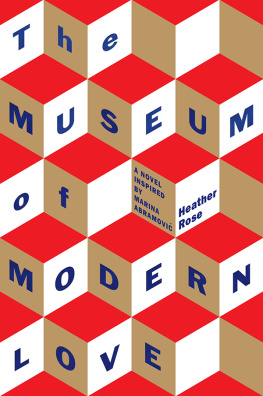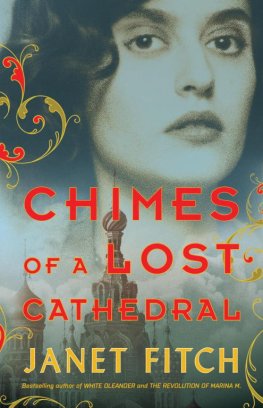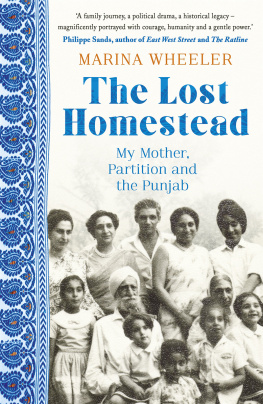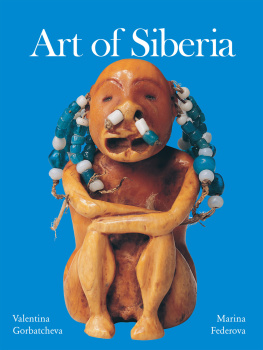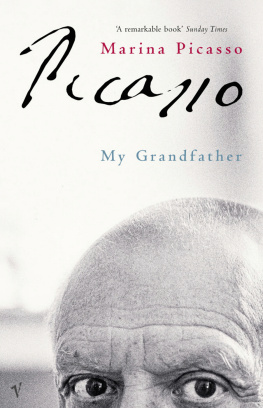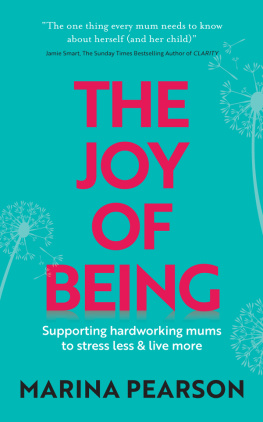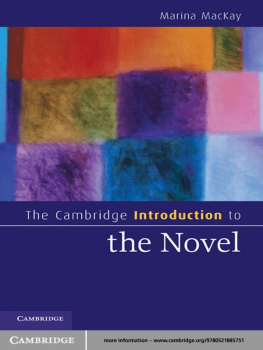The Museum of Modern Love is Heather Roses seventh novel. Her novels span adult literary fiction, childrens literature, fantasy/sci-fi and crime. Heathers previous novels are White Heart (1999), The Butterfly Man (2005) and The River Wife (2009). Heather also writes the acclaimed Tuesday McGillycuddy series for children (written under the pen-name of Angelica Banks with fellow author Danielle Wood and published internationally). The series is Finding Serendipity (2013), A Week Without Tuesday (2015) and Blueberry Pancakes Forever (2016). Heather won the Davitt Award in 2006 and her work has been shortlisted for the Nita B Kibble Award and the Aurealis Awards, and longlisted for the Dublin IMPAC Literary Award. She is also a recipient of the international Eleanor Dark Fellowship. Heather was the inaugural Writer in Residence at The Museum of Old and New Art (MONA) in Hobart 201213.
Published by Allen & Unwin in 2016
Copyright Heather Rose 2016
All rights reserved. No part of this book may be reproduced or transmitted in any form or by any means, electronic or mechanical, including photocopying, recording or by any information storage and retrieval system, without prior permission in writing from the publisher. The Australian Copyright Act 1968 (the Act) allows a maximum of one chapter or 10 per cent of this book, whichever is the greater, to be photocopied by any educational institution for its educational purposes provided that the educational institution (or body that administers it) has given a remuneration notice to the Copyright Agency (Australia) under the Act.
Lyrics from Leonard Cohens Last Years Man reproduced with permission from Music Sales UK.
Lyrics from Antony and the Johnsons Hope Theres Someone reproduced with permission from Mushroom Music.
Allen & Unwin
Sydney, Melbourne, Auckland, London
83 Alexander Street
Crows Nest NSW 2065
Australia
Phone: (61 2) 8425 0100
Email:
Web: www.allenandunwin.com
Cataloguing-in-Publication details are available from the National Library of Australia
trove.nla.gov.au
ISBN 9781760291860
eISBN 9781952534799
Set by Bookhouse, Sydney
Text design by Sandy Cull, gogoGingko
Cover design by Sandy Cull, gogoGingko
For David &
for Marina
&
all people of art
CONTENTS
THIS BOOK IS A STRANGE hybrid of fact and fiction. All of the characters are completely fictional with several notable exceptions.
Ms Marina Abramovi gave me permission to include her as herself. I have drawn extensively from interviews and performances given in the years leading up to her 2010 performance at MoMA. This does not mean that the thoughts I have attributed to the character of Marina Abramovi at any time in this book are a true reflection of any event in history, nor how the real Marina Abramovi thinks or feels. That is the risk the novelist takes, bringing to life what we can only imagine. In allowing me complete creative freedom, Ms Abramovi again demonstrated her unremitting courage.
Also, with permission, the photographer Marco Anelli appears as himself as does Ms Abramovis assistant, Davide Balliano. Any thoughts or acts attributed to either of these people are completely fictional. Also referenced is Klaus Biesenbach, the curator of The Artist is Present and Director of MoMA.
The character Carlos is based on Paco Blancas who sat with Marina twenty-one times.
I am indebted to James Westcott for his biography The Life and Death of Marina Abramovi. Also to Chrissy Isles, Klaus Biesenbach, Sean Kelly and other curators, art historians and commentators who have contributed to the review and analysis of Ms Abramovis work.
The event that was The Artist is Present and Retrospective at MoMA took place from 9 March to 31 May 2010. Fifteen hundred and fifty-four people sat with Ms Abramovi over 736 hours, and more than 850,000 people observed from the sidelines. Marco Anellis book: Portraits in the Presence of Marina Abramovi is a complete record of all those who sat.
This novel is in part a gift to them all.
Further reading:
MOMA, Marina Abramovi: The Artist is Present
Marco Anelli, Portraits in the Presence of Marina
Thomas McEvilley, Art, Love, Friendship: Marina Abramovi and Ulay Together & Apart
James Westcott, When Marina Abramovi Dies
Marina Abramovic, The Bibliography
Stiles, Biesenbach, Iles, Marina Abra Abramovi Movic
THERE ARE SEVEN STEPS IN EVERY PROJECT:
AWARENESS
RESISTANCE
SUBMISSION
WORK
REFLECTION
COURAGE
THE GIFT
MARINA ABRAMOVI
HE WAS NOT MY FIRST musician, Arky Levin. Nor my least successful. Mostly by his age potential is squandered or realised. But this is not a story of potential. It is a story of convergence. Such things are rarer than you might think. Coincidence, Ive heard, is Gods way of being discreet. But convergence is more than that. It is something that, once set in motion, will have an unknown effect. It is a human condition to admire hindsight. I always thought foresight was so much more useful.
It is the spring of the year 2010 and one of my artists is busy in a gallery in New York City. Not the great Metropolitan, nor the Guggenheim, serene and twisted though she is. No, my artists gallery is a white box. Its evident that within that box much is alive. And vibrating. But before we get to that, let me set the scene.
There is a river on either side of this great city and the sun rises over one and sets over the other. Where oak, hemlock and fir once stood besides lakes and streams, avenues now run northsouth. Cross streets mostly run eastwest. The mountains have been levelled, the lakes have been filled. The buildings create the most familiar skyscape of the modern world.
The pavements convey people and dogs, the subway rumbles and the yellow cabs honk day and night. As in previous decades, people are coming to terms with the folly of their investments and the ineptitude of their government. Wages are low, as are the waistbands of jeans. Thin is fashionable but fat is normal. Living is expensive, and being ill is the most costly business of all. There is a feeling that a chaos of climate, currency, creed and cohabitation is looming in the world. On an individual basis, most people still want to look good and smell nice, have friends, be comfortable, make money, feel love, enjoy sex and not die before their time.
And so we come to Arky Levin. He would like to think he stands apart from the riffraff of humanity, isolated by his fine musical mind. He believed, until recently, that he was anaesthetised to commonplace suffering by years of eating well, drinking good wine, watching good movies, having good doctors, being loved by a good woman, having the luck of good genetics, and generally living a benign and blameless life.
It is 1 April, but Levin, in his apartment on Washington Square, is oblivious to the date and its humorous connotations. If someone played a practical joke on him this morning, he would be confusedpossibly for hours. The morning sun is spilling into the penthouse. Rigby, a grey rug of cat, lies sprawled on her back on the sofa with her paws stretched high above her head. In contrast, Levin is curled forward over a Model B Steinway, his fingers resting silently on the keyboard. He is so still he might be a puppet awaiting the first twitch of the string above. In fact, he is waiting for an idea. That is usually where I come in, but Levin has not been himself for many months. To write music he must hurdle over a morass of broken dreams. Every time he goes to leap, he comes up short.

